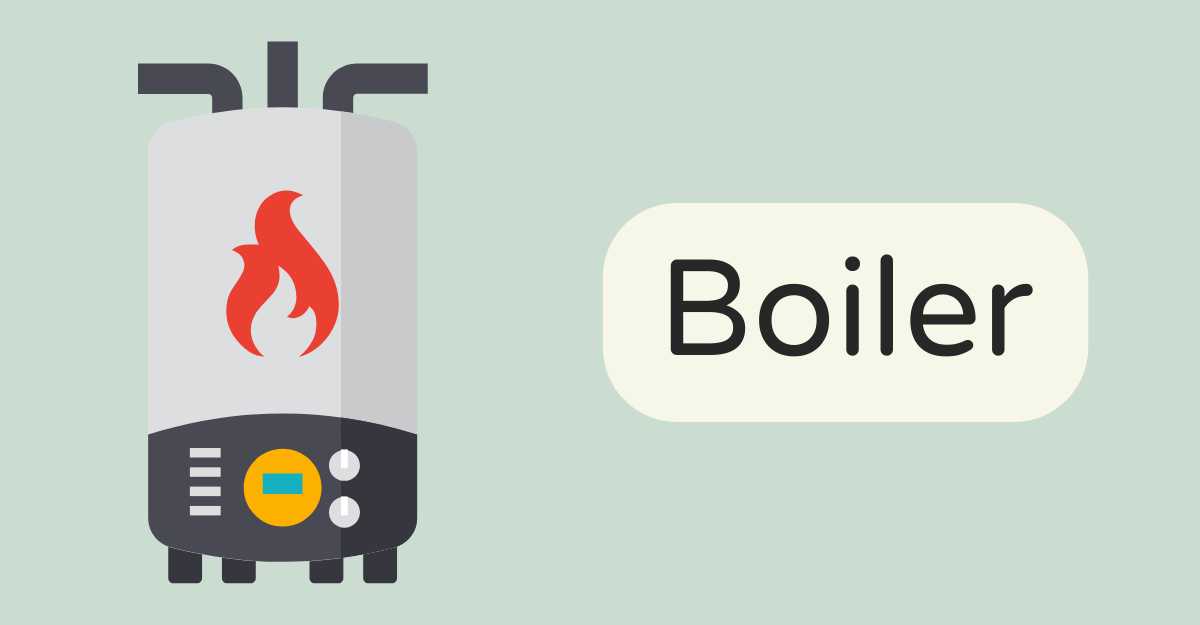
Boiler
Boilers are the unsung heroes in your homes, often overlooked until they malfunction. They keep your rooms cozy, provide hot water, and contribute to the overall comfort. However, like any oft-used appliance, they have a lifespan, and knowing when to change them is vital to maintaining an efficient and safe household.
Whether it’s due to age, constant repairs, or inefficiency, being aware of these signs can save you from the difficulty of unexpected breakdowns and can also lead to better energy savings.
Stick around as we dive into the signs that scream it’s time for a boiler upgrade and touch upon the benefits of switching to water filter systems that remove PFAS for a safer, healthier home.
1. Age
The average lifespan of a boiler is usually around 15 years. However, various factors, such as maintenance, usage, and the quality of the original installation, can impact its longevity. If your boiler is approaching or has surpassed this age, it’s a strong indication that you should seriously consider a replacement.
Aging boilers not only become more prone to breakdowns but also operate less efficiently, resulting in higher heating costs and potential safety concerns. Investing in a new, energy-efficient boiler can not only provide you with peace of mind but also lead to long-term savings and improved comfort in your home.
2. Frequent breakdowns
When your boiler needs constant repairs, it’s a clear sign that it’s becoming less reliable. Frequent malfunctions can not only be costly in terms of repair expenses, but they can also cause significant inconvenience.
Imagine having to endure the discomfort of a malfunctioning boiler during cold winter days or being constantly worried about unexpected breakdowns. If you find yourself on a first-name basis with the repair technician, it may be more cost-effective and peace of mind to invest in a new, more efficient boiler that will ensure consistent warmth and reliability for years to come.
3. Rising energy bills
If you observe that your energy expenses are frequently increasing, even though your usage remains constant, it could be a sign that the efficiency of your boiler is declining. Boilers tend to lose efficiency as they age, particularly if they haven’t been regularly maintained.
By investing in a new, highly efficient boiler, you can significantly reduce your energy consumption and ultimately save a substantial amount of money in the long run. Not only will you have an advantage from lower energy bills, but you’ll also contribute to a more sustainable and eco-friendly environment.
4. Inconsistent heating
If your boiler struggles to provide consistent heating or hot water, it might be due to broken internal components, such as the heat exchanger. This crucial part of the boiler system is responsible for transferring heat from the burning process to the water, ensuring optimal performance.
Temperature fluctuations and hot water that runs out too quickly are common symptoms indicating that your boiler isn’t operating correctly. By addressing these issues promptly, you can restore the efficiency and functionality of your heating system, ensuring a comfortable and reliable source of warmth and hot water for your home.
5. Strange noises
Unusual noises, such as banging, whistling, or gurgling, can be a clear indication of imminent failure in your boiler system. These sounds may signify a range of underlying issues, from kettling – caused by the build-up of hard water scale – to potential fan or pump failures.
Quickly addressing these problems is crucial, as they might be early warning signs that your boiler is approaching the end of its functional life. Taking proactive measures to resolve these issues can help prolong the lifespan and efficiency of your boiler system.
6. Visible leaks or corrosion
If you notice visible leakage, rust, or corrosion from the boiler or surrounding pipes, it could indicate the presence of significant internal damage. These external signs often serve as red flags, suggesting that internal components may be failing or compromised.
Ignoring these issues can potentially lead to more extensive damage or even a complete breakdown of the entire system. It is vital to address these worries quickly and seek professional assistance to stop further complications and ensure the safety and efficient operation of the boiler system.






